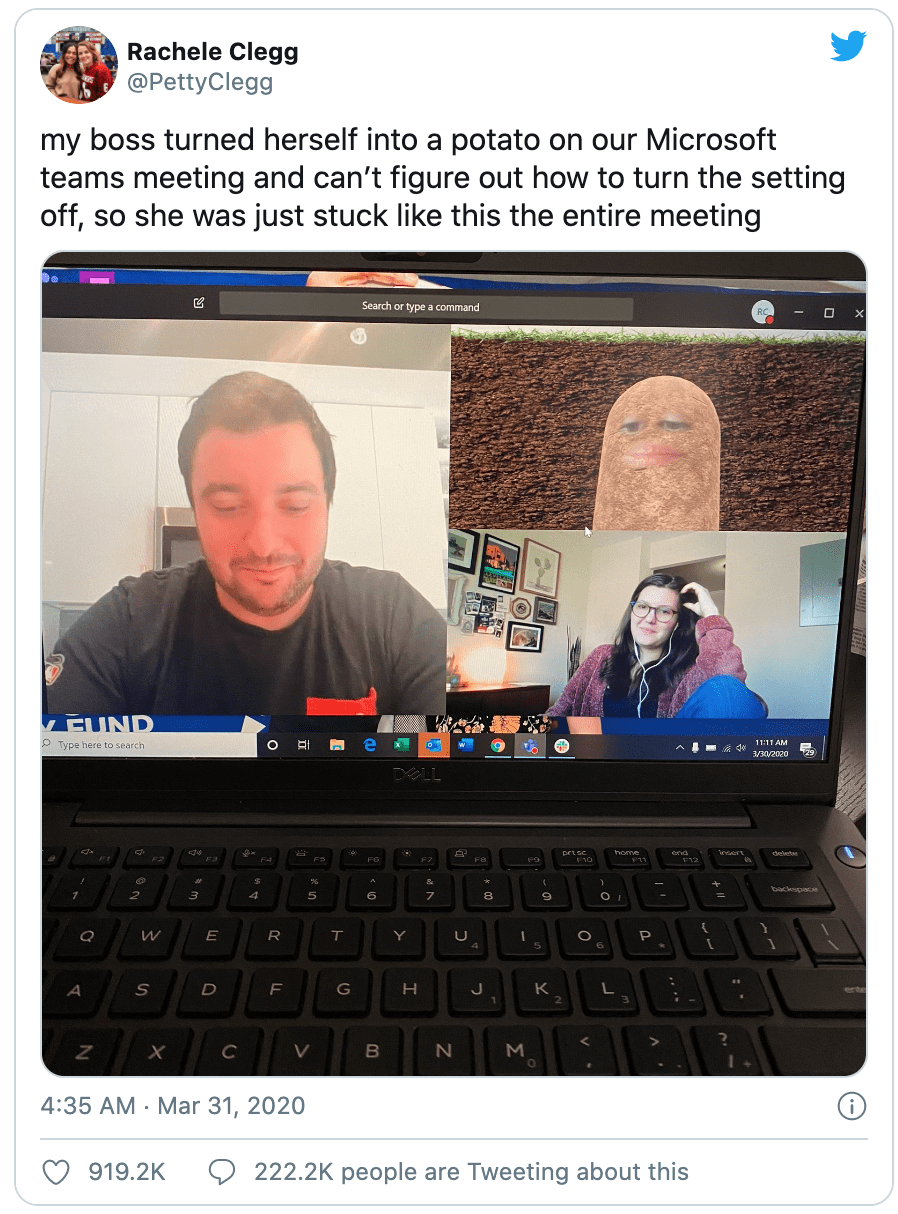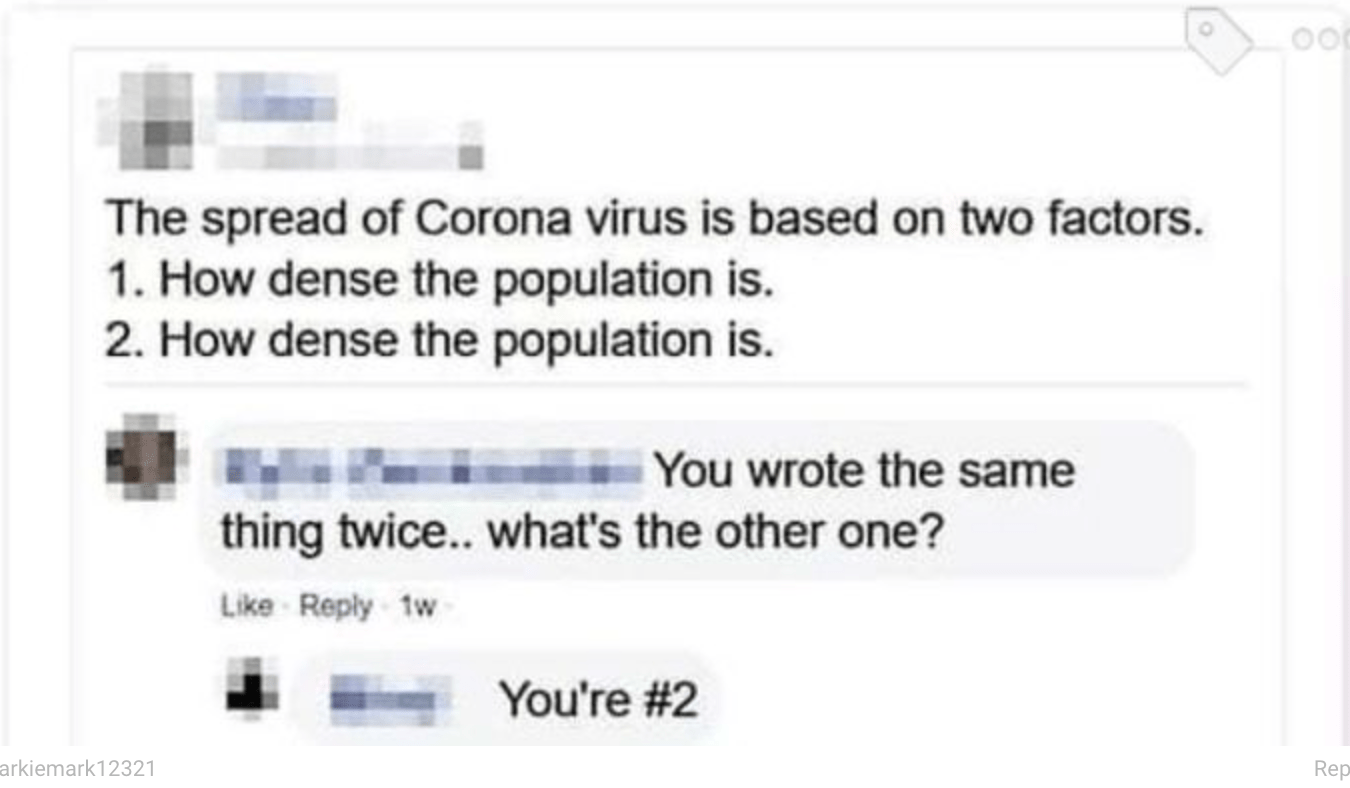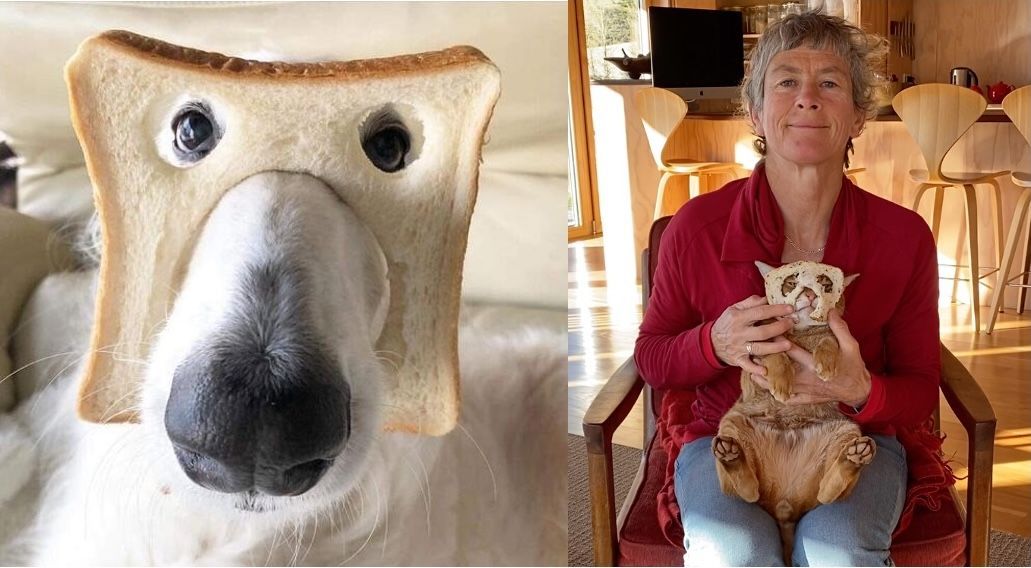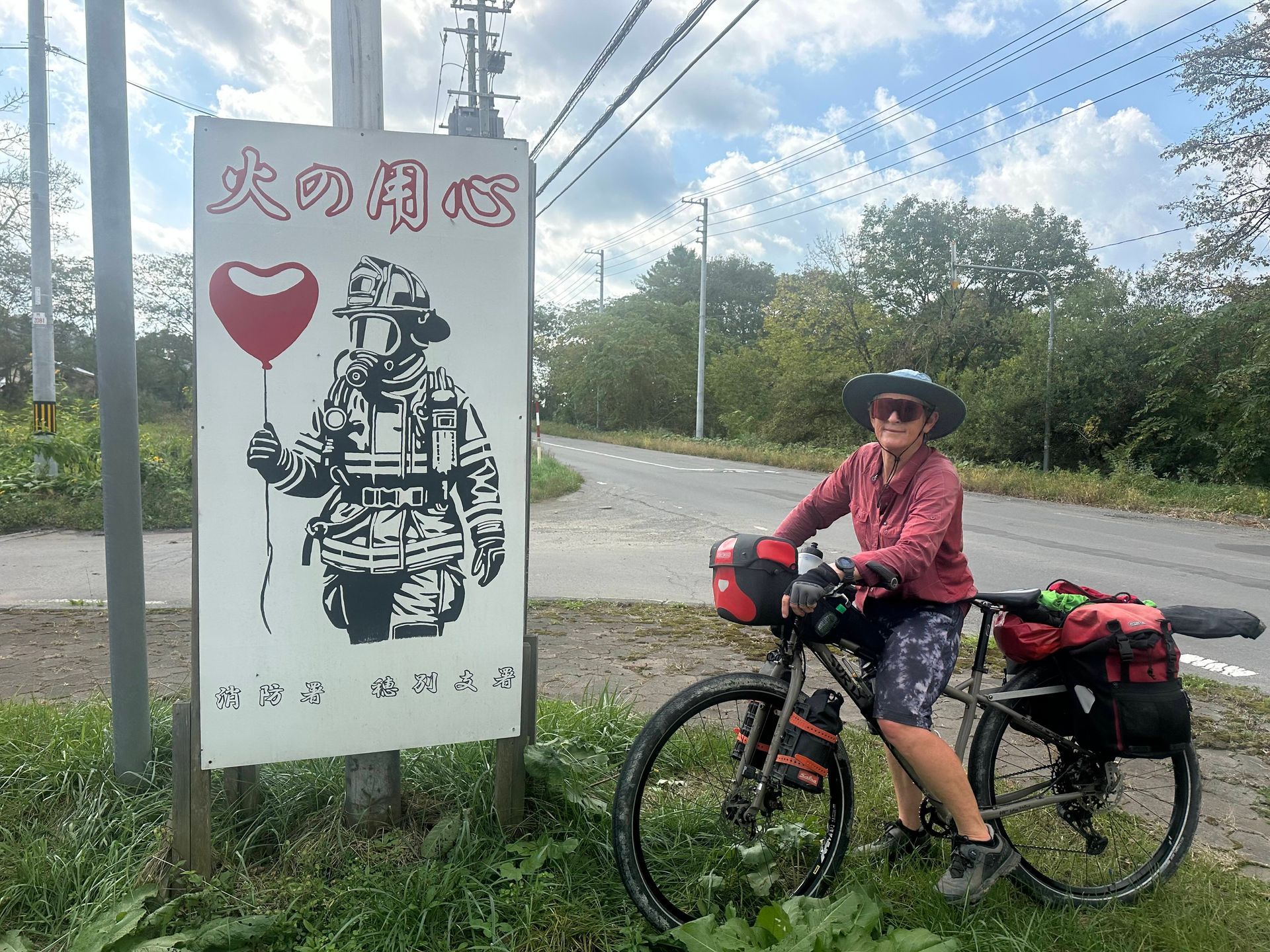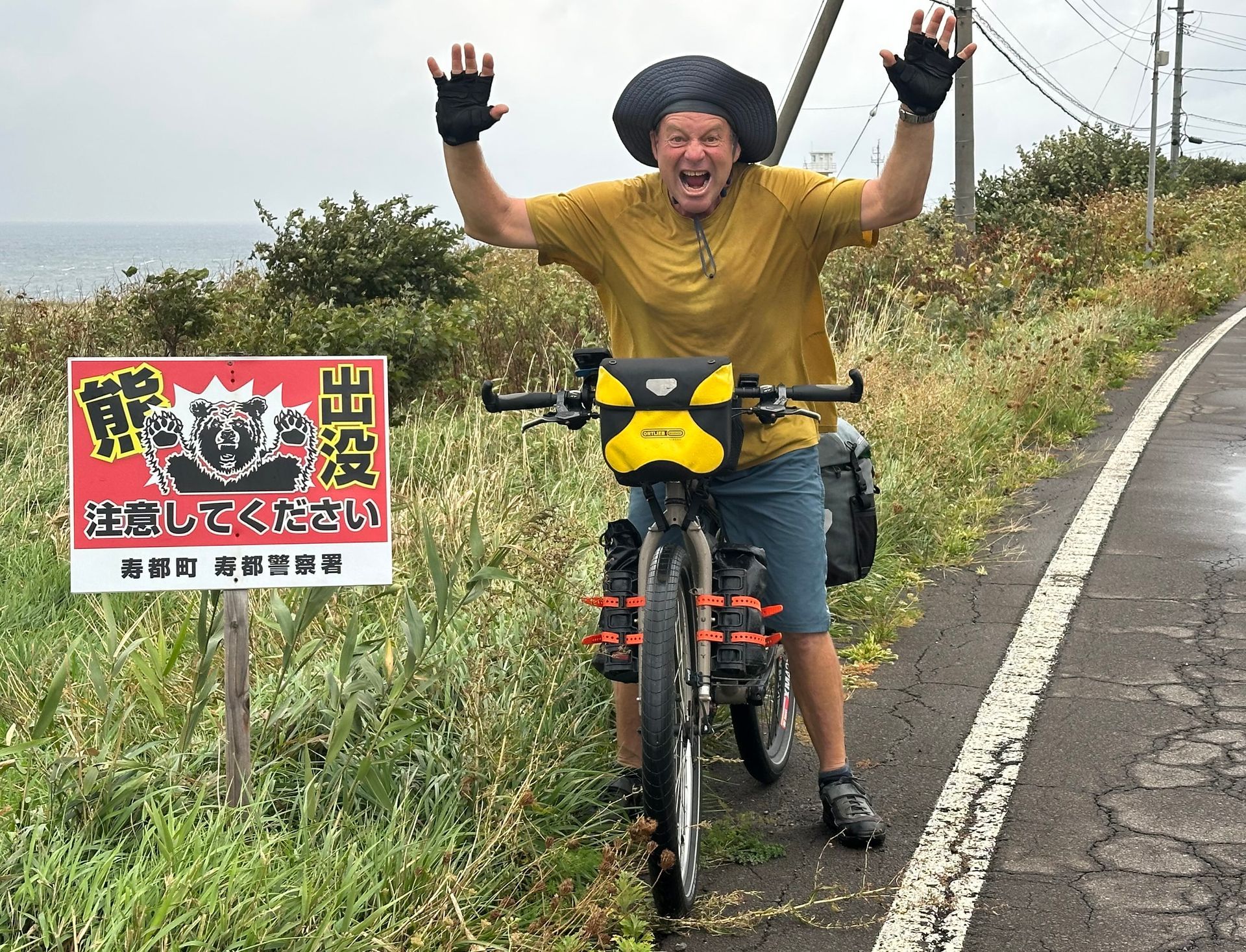Who are us?
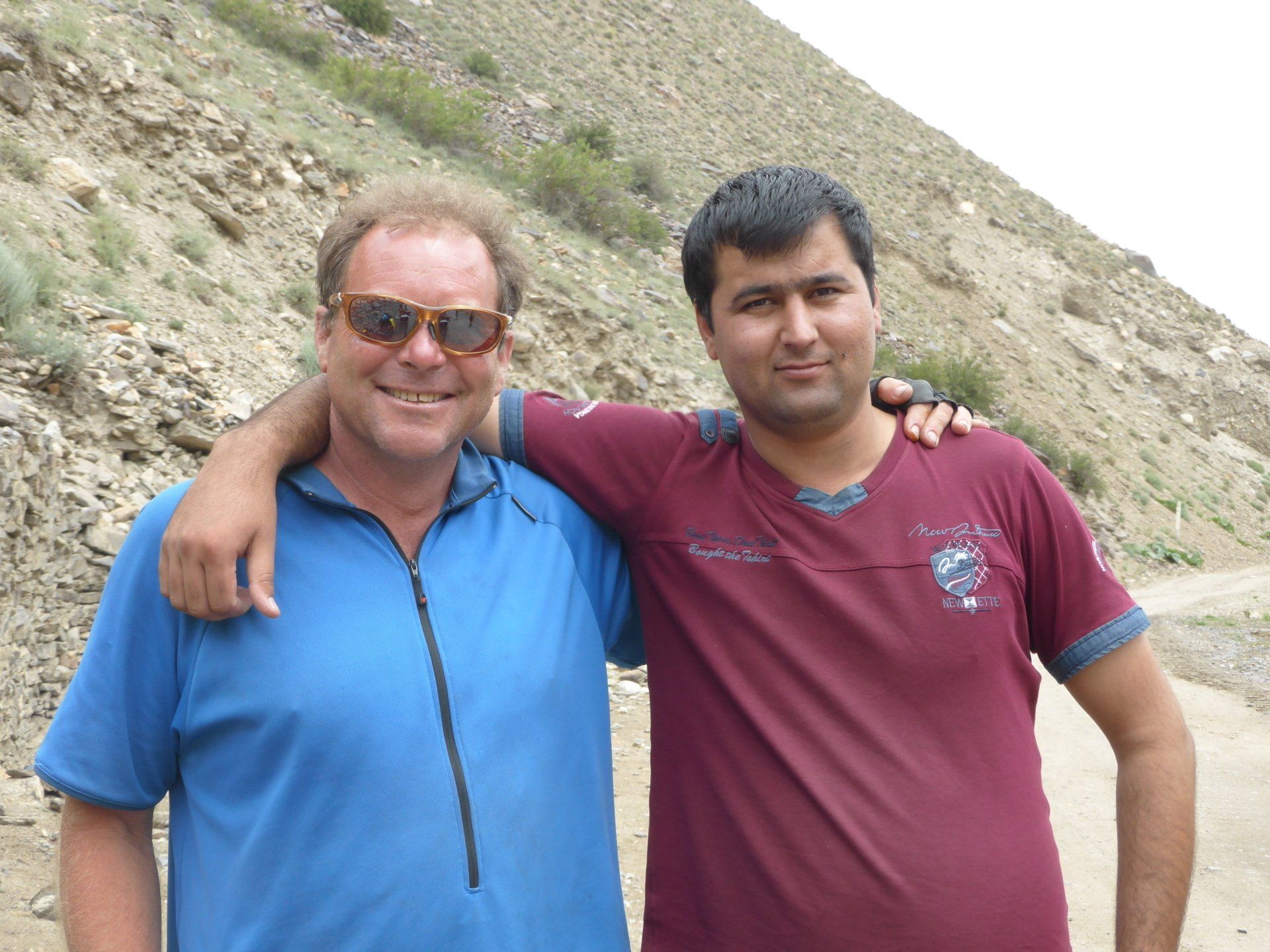
Jacinda Ardern’s quote “They are us”, spoken in the aftermath of the Christchurch mosque attacks, was voted the Massey University quote of the year for 2019. Ardern has reiterated the same sentiments many times since, including in reference to the COVID ‘Team of 5 Million’ fighting the virus together, and in her election night speech, where she emphasised that the new government needs to deliver to all New Zealanders. We can feel lucky to have a politician voicing the need for the country and its people to be united if we take a look at some alternatives, such as America where Trump uses divisions between groups to stoke his own popularity. In contrast, Trump was selected as the most divisive US president ever by political scientists in 2017. However, I figure Trump might be quite pleased by this finding as it places him as the best at something, no matter what that something might be.
My preference is to live in a country where the government is actively looking to reduce, rather than increase, the differences between people – even if they have not yet been particularly effective in this role. At least the rhetoric is incentivising the population to seek similarities, rather than differences. One of my favourite things about travel is how it reminds one that, fundamentally, all human beings are pretty similar (we also share 60% of our DNA with bananas, but I won’t dwell on that degree of similarity). One finds that language isn’t necessary to communicate on the necessary matters for survival, and to feel empathy for the situation of others. Empathy is at the heart of the matter when it comes to choosing unity or divisiveness – do we believe we can understand and share the feelings of all? Or can we only be empathetic with a select group who are ‘like us’? Our concept of people as individuals is just as critical – do we treat people as their own unique selves? Or do we treat people as part of a group, to which we do or don’t belong?
I was considering these questions while cycling, interwoven with thoughts about politics and social media. To be specific, elections seem to bring out the worst in people (and there isn’t much evidence that election campaigns bring out any ‘best’ at all). The people campaigning in elections frequently criticise the behaviour and performance of others, as an apparent means to improve impressions of themselves in contrast to those idiots on the ‘other side’. Not to be outdone, voters pick their sides, and some then choose to speak vehemently and negatively about those who they do not support. There is an overwhelming sense of ‘us vs them’ – ‘we’ support the right party and ‘you’ support the wrong one. Henri Tafel’s social identity theory describes how humans have ‘in’ groups, the ‘us’ to which we consider we belong, and we distinguish ourselves from ‘out’ groups, who are other and ‘them’. Once we have identified the groups to which we belong, we modify our behaviours to match those of our ‘in’ group, to increase our acceptability to that group. Moreover, we want to feel good about ourselves, so we will class the actions of ‘us’ as good, in contrast to the ‘bad’ actions of ‘them’.
Social media has the potential to massively inflame divisive election campaigns and maximise social identity distinctions, as people find it very easy to proclaim general negativities about ‘them’ online. It is easy to hide behind a pseudonym and, even as oneself, it is a lot easier to lambast someone virtually than in person. According to some of my friends, people of my political persuasion (as in ‘them’), are “mad, libtards”. My friends have never called me this to my face and it is quite likely that they are depersonalising the ‘them’ who they are critiquing, attributing madness and retardedness to an impersonal mass, the members of which they are not considering. Unfortunately I, as an individual, don’t feel so keen on that label being applied to my person – reading the text I feel as if i am personally being called names, because I identify with the group being called names.
I should point out here that I particularly dislike name calling. Name calling has an intent of provoking conclusions and actions which are based on emotion, rather than rational examination. It was made clear when I was at primary school that name calling is not an appropriate or advantageous way to interact with people. I was further dissuaded from the art of name calling as a high school debater, where we were soundly taught that the goal is to argue the topic, rather than the person. What I am left with is a dilemma – do my friends actually not like me because that is what they appear to be saying (unless they like mad and retarded people, perhaps)? Or are my friends saying things that they think they mean but, if they parsed it fully, might find that they do not mean?
An allied phenomenon in social media I have recently read, is assumptions by my friends that people of an ‘out’ group are wholly, or largely, undesirable characters. Billionaires are, apparently, morally defunct because they have gone on gathering money beyond some notional ‘appropriate’ level. I try (and fail) to make the point that all of us who live at western levels of consumption are similarly morally defunct as, if everyone on the planet lived in the same way, the planetary resources would be overwhelmed. We are talking matters of degree of collapse, none of our behaviours are sustainable. I have a bad feeling that, in this case, New Zealanders are all part of the bad ‘them’, who are wantonly and happily destroying the planet in the eyes of those who live in the developing world.
Oil executives and tobacco executives are similarly classed as undesirable ‘them’, people who must clearly be lacking in empathy and common decency. The oil executive I know is a really nice and generous guy to go on holiday with and is a great family man. He led very significant efforts to help the population in the country in which he worked, after a massive civil emergency. In some situations he demonstrates empathy and common decency, but if we lump him in with a bunch of random unknown executives, it is very easy to class them all as undesirables, if we don’t know the details.

I am fundamentally certain that it is more pleasant to live in a society where everyone perceives others as ‘us’, rather than ‘them’. This is backed up by evidence from research that shows people are much more willing to mistreat people they perceive as ‘them’. From a selfish point of view, if everyone around me views me as an ‘us’ rather than a ‘them’, they will be nicer to me! I fear, however, that in a COVID world the divisions between ‘us’ and ‘them’ are increasing, rather than decreasing, as global mobility hiccups and slows and we have fewer opportunities to break down our concepts of difference. Countries are being driven to seek internalise their economies and fear is on the rise as people feel their livelihoods and very existence are under increasing threat; fear is a both a driver and a result of an ‘us’ vs ‘them’ world. For that reason, with all the misgivings I have about the ability of the incoming government to deliver on all its promises or make major positive differences to our economy, I will remain thankful we live in a society where our leader seeks to minimise our differences rather than maximise our dissimilarities.
